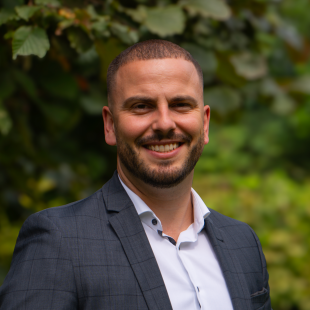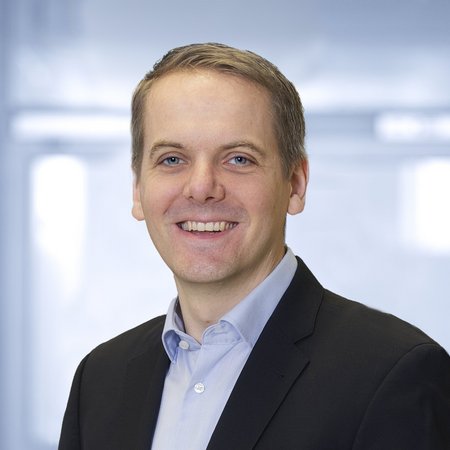Business process management (BPM) has been established as a cross-disciplinary management tool. By employing BPM methods and tools, organizations aim to identify, assess, design, manage, monitor, and implement business processes to provide value for internal and external customers effectively and efficiently. BPM covers diverse areas such as Business Process Redesign, Process Mining, Robotic Process Automation, and Predictive Process Monitoring, often involving the use of Artificial Intelligence (AI), to name just a few. The aim of the process science track at WI2025 is to discuss the diverse facets of BPM from different perspectives of management and technology and to work out how BPM can be used to address current challenges for individuals, organizations, and society at large. In the spirit of Wirtschaftsinformatik, we appreciate papers from all methodological backgrounds that address a wide spectrum of BPM research from both an organizational/social and a technical perspective. Selected papers will be invited to submit an extended version to the BPM department of Business & Information Systems Engineering (BISE).
Possible topics are (but not limited to):
- BPM and social/environmental sustainability
- Exploratory process management and process innovation
- Business process management and co-creation
- Business process management and the management of digital transformation
- AI-based process analysis and process mining
- Organizational routines and routine dynamics
- Process mining in organizations
- Process automation using technologies such as AI, RPA, Chatbots, etc.
- Workarounds and ambidexterity in process innovation
Track chairs
AEs
- Lars Ackermann, Hof University of Applied Sciences
- Carl Corea, University of Koblenz
- Mahendrawathi ER, Institut Teknologi Sepuluh Nopember Surabaya
- Stephan Fahrenkrog-Petersen, Weizenbaum Institute for the Networked Society
- Thomas Grisold, University of St. Gallen
- Martin Kabierski, Humboldt-University of Berlin
- Henrik Leopold, Kühne Logistics University Hamburg
- Jana Rehse, University of Mannheim
- Flavia Santoro, Instituto de Tecnologia e Liderança
- Bastian Wurm, Ludwig-Maximilians-University of München
- Sandra Zilker, Technical University of Applied Sciences of Nürnberg Georg Simon Ohm



